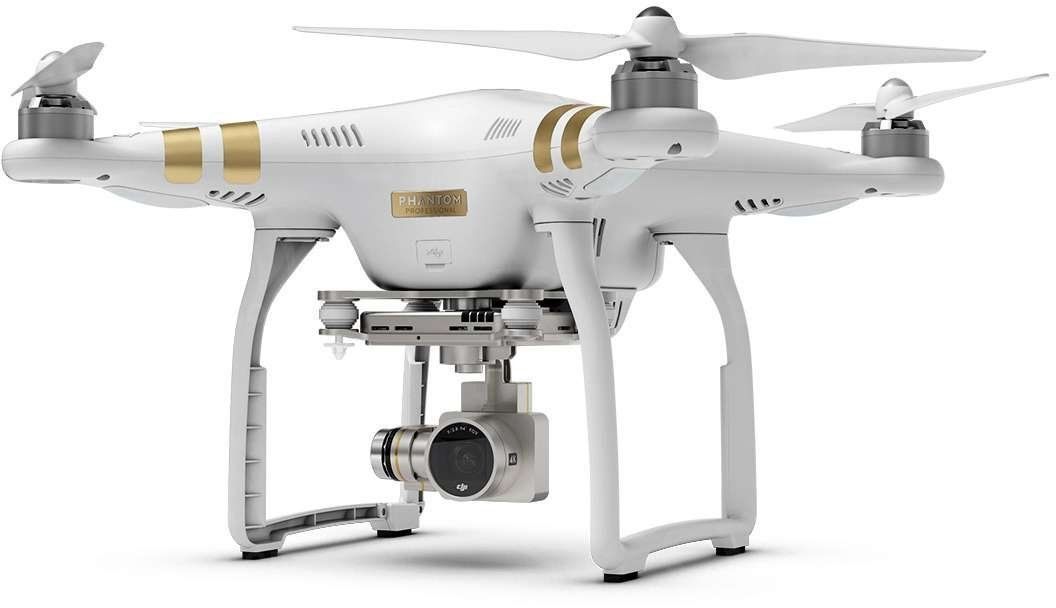
First established in 1970, Earth Day officially marks the
anniversary of the start of the environmental movement, and over the years have
evolved to become a day to raise awareness for important environmental issues
as well as honor and support the planet we all call home.
Our little piece of Earth in Mississippi is comprised of many diverse habitats,
and arguably the most important habitat can be found right here in Coastal
Mississippi – coastal wetlands. Coastal wetlands are a protected habitat,
thanks to the Coastal Wetlands Protection Law passed in 1973. But what exactly
is a wetland and why should we care about protecting them?
A wetland, which can be found throughout Mississippi’s three coastal counties, can be tidal marshes, swamps, bayous, beaches, wet pine savannas, contact springs and other aquatic habitats. Examples of local wetlands include Bellefontaine Marsh Preserve, Sandhill Crane National Wildlife Refuge and Gulf Islands National Seashore, which contains all of the above named habitat types. Of the three coastal counties in Mississippi, Jackson County contains more preserved land than anywhere on the coast. Preservation of coastal wetlands is critical for the health of the environment and for the protection of important infrastructure in our everyday life. Here are three reasons why.
1. Wetlands provide flood protection. Think of a wetland as nature’s sponge. Wetlands hold water – from rain, groundwater and flood waters. Wetlands slow the spread of flood waters and slowly redistribute them over a floodplain. Water can also be stored in vegetation found in wetlands. When water can be naturally stored and flooding prevented, it keeps our daily infrastructure from buckling.
2. Wetlands are the preferred habitat for several endangered species. You may have never heard of a gopher tortoise or the dusky gopher frog, but they are just a couple of endangered or protected species found in Mississippi’s wetland habitats. Other species include the Mississippi Sandhill Crane.
3. Wetlands are a carbon sink. A carbon sink is a reservoir that accumulates and stores carbon from the atmosphere. Carbon sinks help regulate greenhouse gases. Without greenhouse gases in the atmosphere, Earth would be too cold to sustain life. Too many, and the temperature would reach around 400 degrees, (just slightly hotter than a Mississippi summer!). Carbon sinks are a strategy for nature’s long game, and coastal wetlands are a major contributor to the longevity and health of our planet.
In keeping with BMA’s mission of “working to build a better
Gulf Coast,” BMA’s environmental department touches nearly every project we
manage. From mitigation banking to designing around wetlands and minimizing
unnecessary impact, sometimes building something better means to simply leave
it be.
Patrick Mooney, GIT, BMA Environmental Geologist contributed to this article.

Welcome to the BMA team:
Scott Burge, P.E. | Doug Rackley, P.E. | Donny Cooley | Jeff Collins, P.S.
Eric Garrison | Joshua Jenkins | Lessie Trotter | Jimmy Turan

Brown, Mitchell & Alexander Inc. (BMA) is pleased to announce that Mr. William C. “Bill” Mitchell has been appointed by Governor Phil Bryant to serve on the Mississippi Board of Licensure for Professional Engineers and Surveyors.
Bill Mitchell personifies the firm’s philosophy of “ Working to Build a Better Gulf Coast Community ”, and this appointment has honored him with an opportunity to extend that philosophy. By contributing his personal time and extensive experience to the State of Mississippi, Bill will continue to have a positive effect on the professional practice of engineering and surveying.

Check out the article below:
http://nypost.com/2017/04/03/8-amazing-american-streets-youve-never-heard-of/

Drone based mapping can be utilized for a number of applications including: topographic surveys and aerial imagery that can be included with boundary surveys, real estate listing and appraisals, environmental assessments, industrial inspections, forensic accident and crime scene investigation, stockpile measurement, construction inspection and site development planning. Our drone can go where traditional methods can’t.
Jeremiah Glasz and Maggie Smith went through the interview process and were selected for employment with BMA as co-op employees through this program. Jeremiah joined BMA in January, 2015, while Maggie will join the BMA team in the Summer of 2015. Both anticipate graduating with a degree in Civil Engineering in 2016.

Bill is also a Registered Professional Engineer and Land Surveyor. He received a Civil Engineering Degree and Master’s Degree in Public Policy and Administration from Mississippi State University. Mr. Mitchell has 40 years’ experience in Civil Engineering and Construction Management and is very knowledgeable of construction practices and regulations along the Gulf Coast and within the State of Mississippi. As a Principal of Brown, Mitchell & Alexander, Inc., Mr. Mitchell is directly responsible for many functions of this active and progressive civil / consulting engineering firm. He is also an active member of the Civil Engineering Advisory Board (MS State University), Engineering Dean’s Advisory Board (MS State University), Water Environment Federation (WEF) Member, and State Representative for Engineers Without Borders.
About Brown Mitchell & Alexander, Inc.:
Brown, Mitchell & Alexander, Inc. (BMA) is a consulting engineering firm specializing in civil engineering consulting services, planning and surveying services for a wide range of clients along the Mississippi Gulf Coast. Originally established in 1967 as Brown Engineers by Mr. Joseph L. Brown, Jr., the firm has earned the reputation as one of the strongest engineering firms on the Mississippi Gulf Coast. BMA has offices conveniently located in both Gulfport and Biloxi. More information on the company’s notable achievements, services provided, key leadership, and history can be found at: http://www.bmaengineers.com.
Contact:
Brown, Mitchell & Alexander, Inc.
Lorrie McCampbell, Office Manager
228-864-7612
Lorrie@bmaengineers.com

